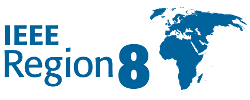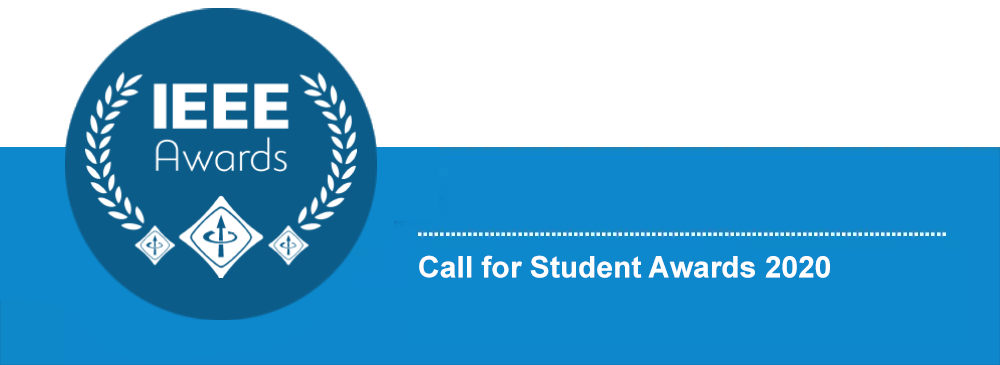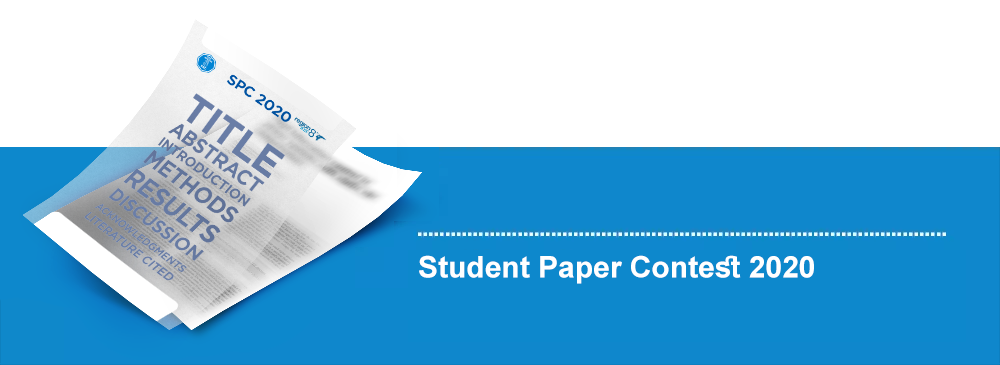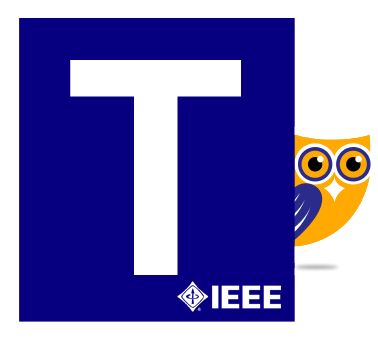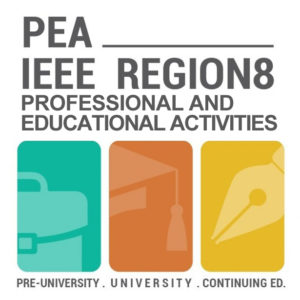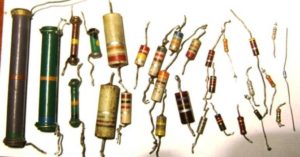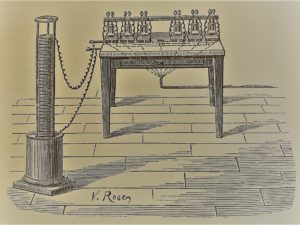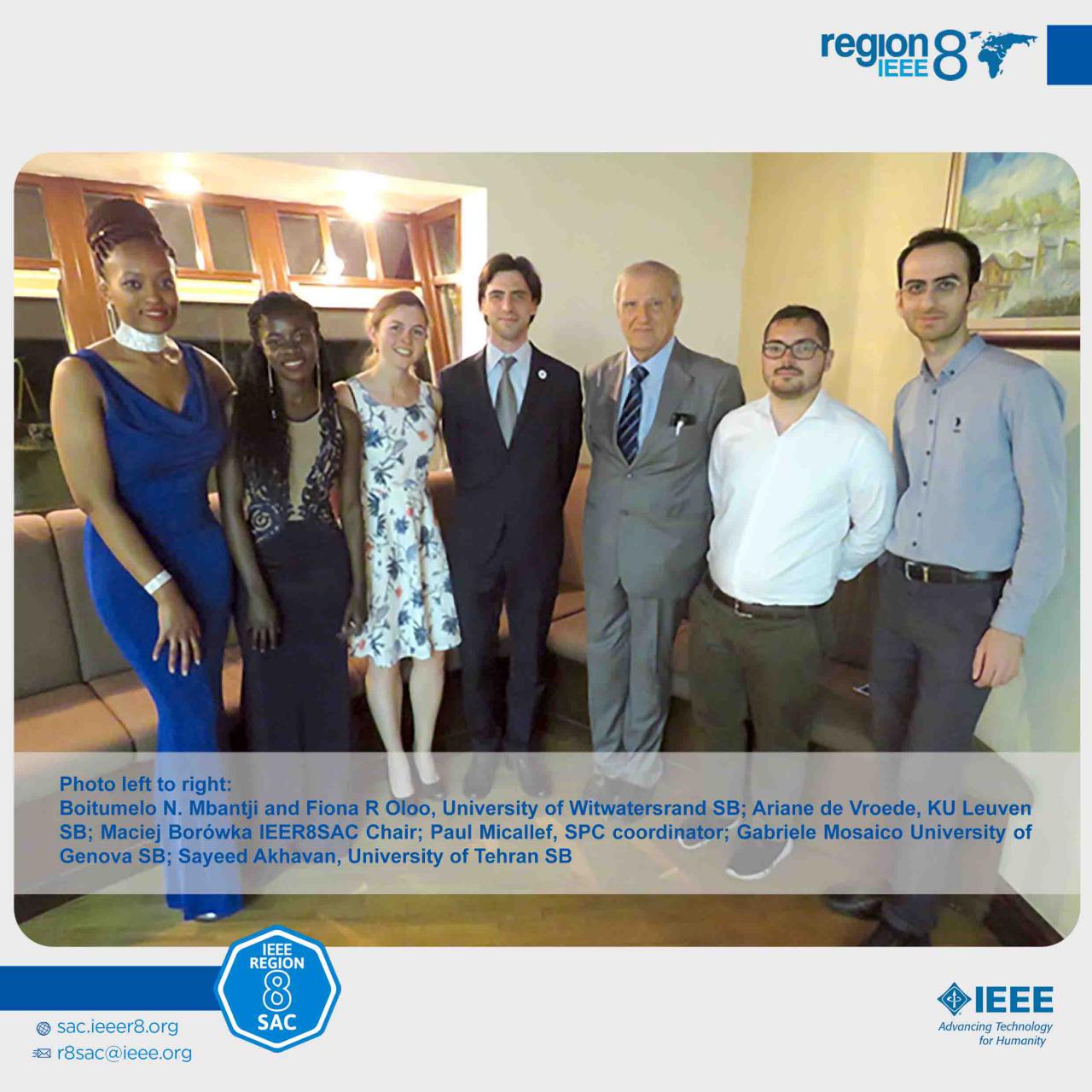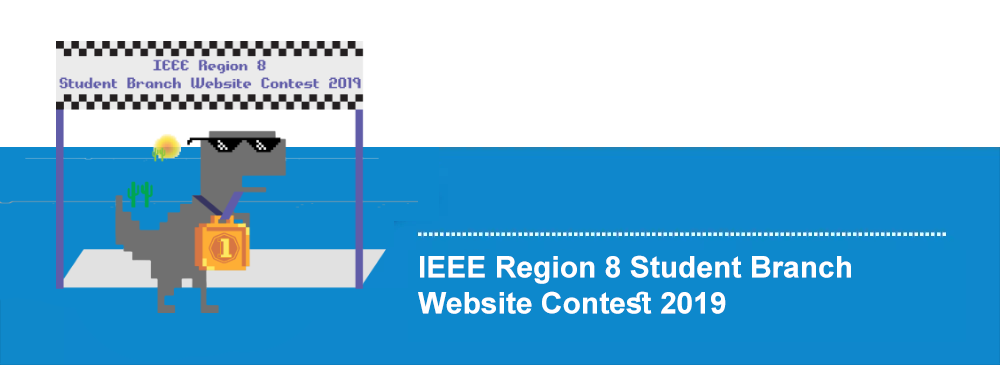IEEE R8 Student & Young Professional Congress History
It is important to note that prior to the Student Branch (and GOLD) Congresses, (annual) Transnational Student Meetings were organized where representatives of Region 8 Student Branches met. For instance, in the Netherlands (1985), Finland (1986), Switzerland (1987), Belgium (1988: over 40 students from Benelux, Denmark, UK, Finland, Germany, Greece, Poland, Portugal, Spain, Switzerland and the USA), Portugal (1989), the Netherlands (1991: 76 students from 12 countries) and Turkey (1992: over 45 students from 16 countries). Especially at the early student meetings, the oral finals of the Student Paper Contest were held at these meetings.
After the change of ‘IEEE GOLD’ into ‘IEEE Young Professionals,’ the name of the congress became ‘Student and
Young Professional Congress.’
1998 | Istanbul, Turkey, 10–13 August 1998
2000 | Eindhoven, Netherlands, 14–19 May 2000
2002 | Cairo, Egypt, 1–5 May 2002
2004 | Passau, Germany, 4–7 September 2004
2006 | Paris, France, 30 August – 3 September 2006
2008 | London, United Kingdom, 28–31 August 2008
2010 | Leuven, Belgium, 4–8 August 2010
2012 | Madrid, Spain, 25–29 July 2012
2014 | Kraków, Poland, 6–10 August 2014
2016 | Regensburg, Germany, 17–21 August 2016
2018 | Porto, Portugal, 22–25 July 2018
To Be Announced
2020| Gothenburg, Sweden, July / August
Holding an SYP Congress (Student and Young Professional Congress) is an amusing yet tricky job. To make it to a really good event, whether it’s a sectional, cross-sectional or regional congress, there are many important details that need to be attentively put into consideration. In the attached link you can find the SYP manual, prepared and updated from the field experience of regional SYP congress organizers. Please follow the link.
